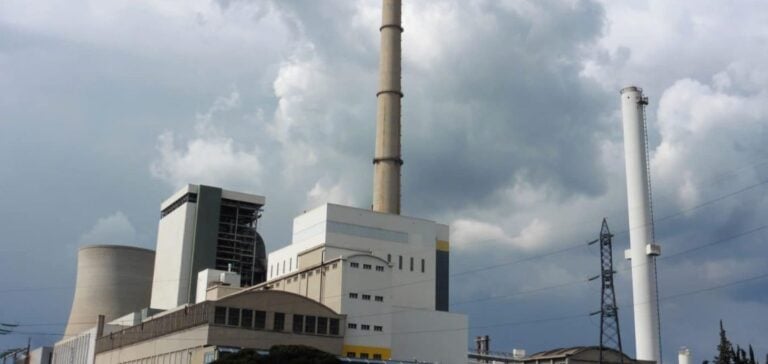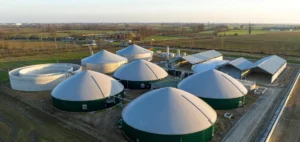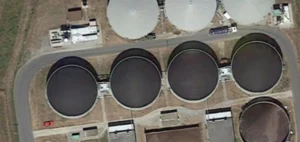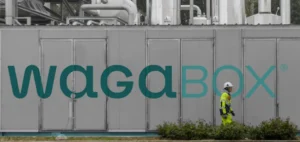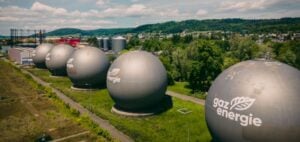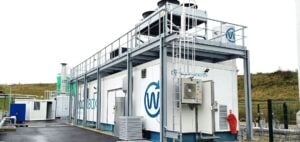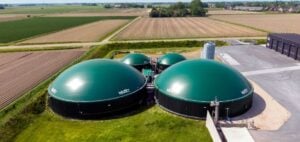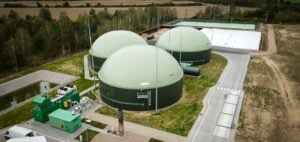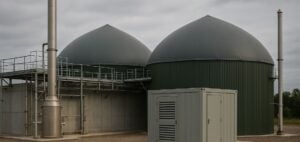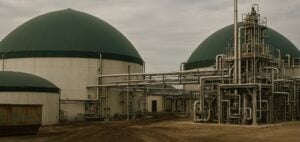After several months of negotiations, a major agreement has been reached between GazelEnergie, a subsidiary of the Czech group EPH, and the state to restart the Gardanne biomass power plant in the Bouches-du-Rhône region. This plant, with a capacity of 150 megawatts, will supply 6% of the electricity consumed in the Provence-Alpes-Côte d’Azur region, using 850,000 tons of biomass, primarily wood.
The plant has been shut down since autumn 2023, following the termination of a contract between GazelEnergie and the state due to rising biomass costs. According to Olga Givernet, Deputy Minister for Energy, €800 million in funding over eight years will enable the facility to restart in January 2025. This project is expected to create over 90 direct jobs and 500 indirect jobs, providing significant support to the local economy.
A Strategic Project for Energy Transition
The restart of the biomass power plant is part of a national policy aimed at decarbonizing industry and promoting reindustrialization. The Deputy Minister highlighted that this relaunch complies with France’s strict environmental regulations. However, concerns persist regarding the impact of biomass on forests. In November 2023, the Council of State required a comprehensive assessment of the direct and indirect environmental effects of the plant’s activity. GazelEnergie has confirmed that these studies are currently under review by the relevant authorities.
Local and Union Reactions
The decision has been positively received by unions and local stakeholders. Jean-Michel Roccasalva, Secretary General of the CGT Gardanne Power Plant, welcomed the announcement, viewing it as an opportunity to preserve jobs and revitalize activities linked to the plant, particularly at the Fos-sur-Mer port.
To address criticisms about the sustainability of the project, authorities emphasize the plant’s reduced carbon footprint, now ten times lower than that of its previous coal-based operations. This project represents an important step towards a balanced and responsible energy transition.

